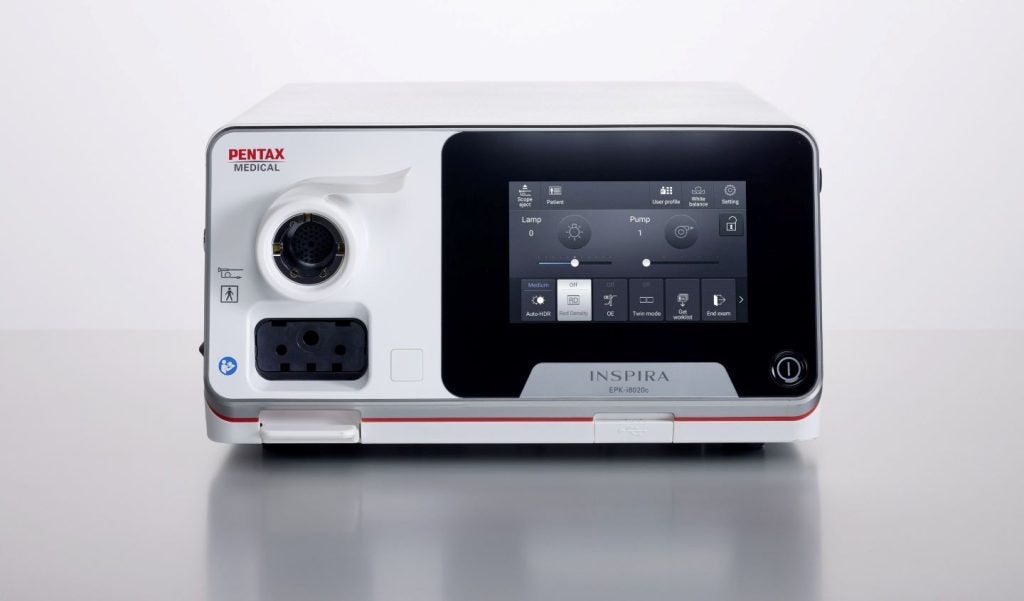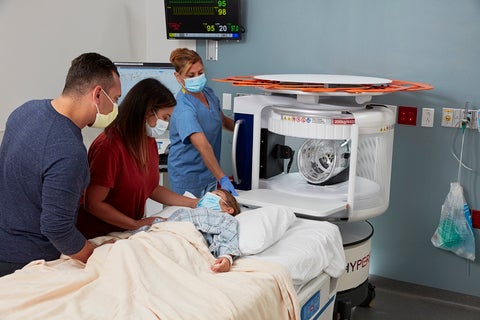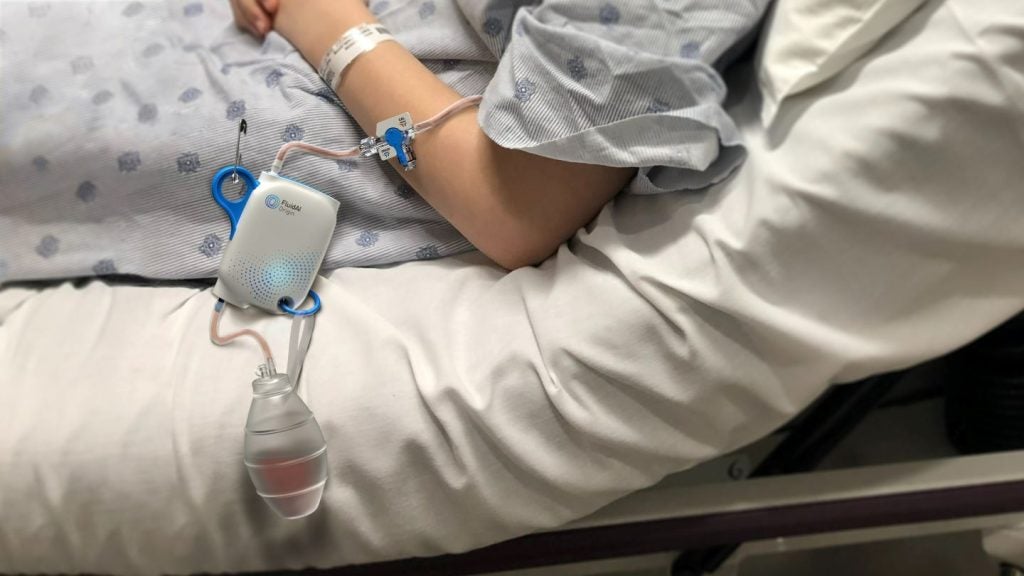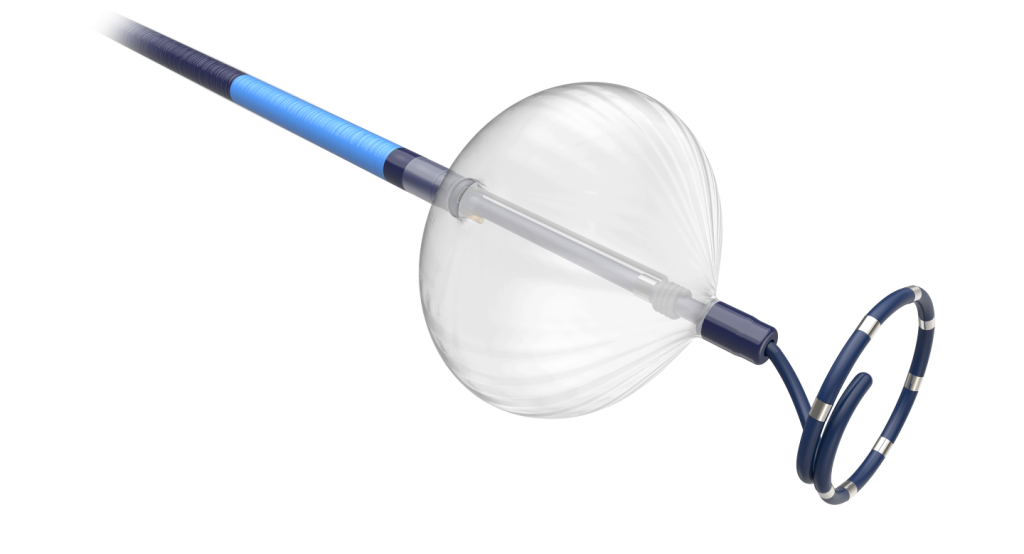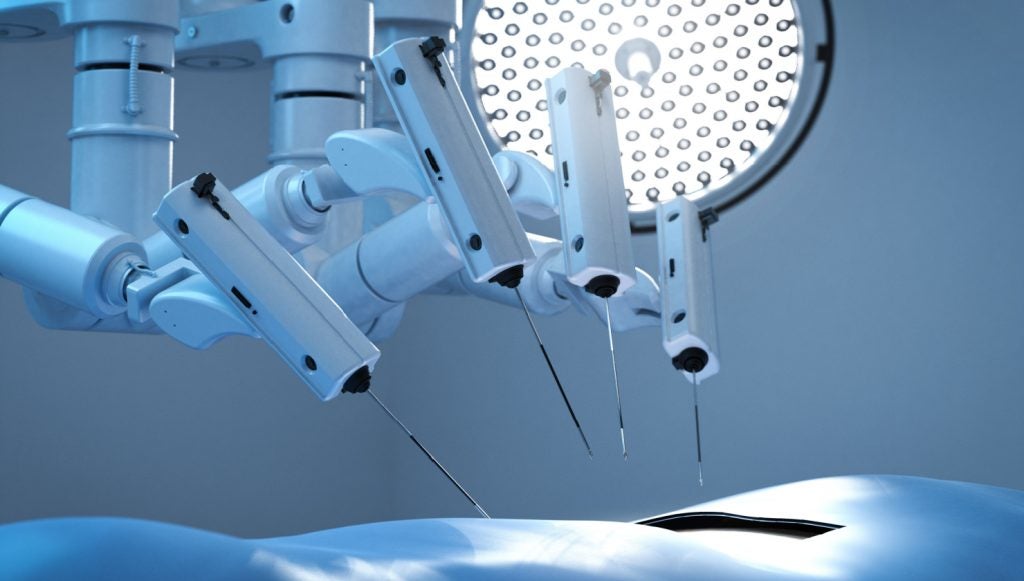Hoya Group unit Pentax Medical America has received 510(k) clearance from the US Food and Drug Administration for its 4K video processor, PENTAX Medical INSPIRA and i20c video endoscopes.
Featuring image augmentation options and 4K image processing, the video processor can be controlled through a tailorable touch panel.
It has two connection modes aiding users to leverage the comprehensive PENTAX Medical endoscopy portfolio for setting up a well-tailored fleet.
It also has i-SCAN, a post-processing image enhancement technology that offers better visualisation of the blood vessels and mucosal surface.
i-SCAN functionalities, together with optical enhancement technology and auto high dynamic range features, can be personalised and accessed through the INSPIRA touchscreen interface and the endoscope buttons, which are programmable.
The i20c endoscopes’ unique control body can fit comfortably into the grip of each endoscopist.
They leverage PENTAX Medical insertion tube technology and feature a modifiable stiffener.
These insertion tube tools enable manoeuvrability for physicians in navigating through difficult anatomies.
The standard i20c colonoscope (EC38-i20cL) comprises a 210° Retroview feature to boost clinical access.
Pentax Medical intends to make available the 4K video processor and endoscopes commercially in October 2023.
Pentax Medical Americas president David Harrison said: “This platform not only addresses current ergonomic needs but sets future standards in the endoscopy workflow that will ultimately strengthen the provider and patient experience.
“Together, the system empowers endoscopists with the economic flexibility, a 4K imaging option and manoeuvrability tools they need to improve patient care.”


